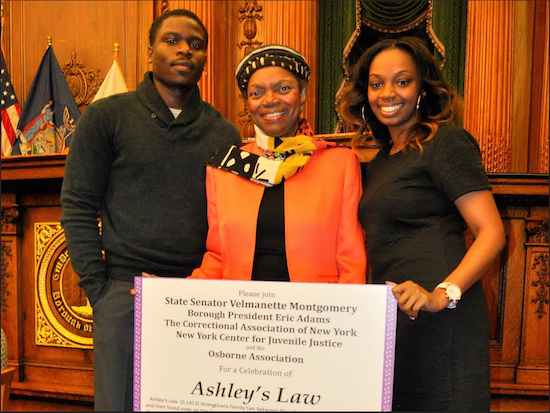In Public Service: Montgomery no longer an outsider

Recalling the first time she walked into the New York State Senate chamber in Albany as a newly elected senator in January of 1985, Velmanette Montgomery said she felt like an outsider.
“I remember walking in the door and feeling like I didn’t belong,” she told the Brooklyn Eagle over lunch at La Flor Del Paraiso Restaurant on Atlantic Avenue near her district office.

Brooklyn Boro
View MoreNew York City’s most populous borough, Brooklyn, is home to nearly 2.6 million residents. If Brooklyn were an independent city it would be the fourth largest city in the United States. While Brooklyn has become the epitome of ‘cool and hip’ in recent years, for those that were born here, raised families here and improved communities over the years, Brooklyn has never been ‘uncool’.